 You are behind on your bills and you are offered a chance to settle an account and pay less than what you owe. That is great news. The sooner you can pay off these off and move on with life the better. And if you are wondering, settling on a past due bill is legal and moral (as long as both parties agree). The question becomes how do you do this to make sure you are not taken advantage of?
You are behind on your bills and you are offered a chance to settle an account and pay less than what you owe. That is great news. The sooner you can pay off these off and move on with life the better. And if you are wondering, settling on a past due bill is legal and moral (as long as both parties agree). The question becomes how do you do this to make sure you are not taken advantage of?
Things to Remember
The first thing to remember is not to use these tips as a means to dodge paying someone you owe. If you owe someone money and you have the money to pay them, then you should pay them. It’s that simple. The other thing to remember is that collectors have one goal in mind: collect money. They may sound very caring, but they are not your counselor, they are a collector. Keep this in mind as they do not always tell the truth. By following these tips below you will ensure that you get a good deal on settling your debt, and do not get taken advantage of.
Negotiating
The further you are behind, the more likely it is that they will settle with you and how low they will be willing to go. Remember, the best deals usually do not come easily. You may have to work on them a little to get them to offer a settlement you can afford. Always remember, never give them money you need to take care of the basic necessities (food, clothing, shelter/utilizes and transportation).
In Writing
Once you have reached an agreement, make sure you get the agreement in writing. Never accept a settlement offer from them until they have given you the offer in writing on their company’s letterhead. They should be able to email, fax or at a minimum send it in the mail.
No Electronic Access
Almost all creditors will push and push and push that it is mandatory that you give them electronic access to your checking account. Wrong answer. There are collectors out there that are sleazy enough to take more out of your account than what you agree on. This is why you want to pay them using certified funds (cashier’s check or money order from your financial institution). None of your account information is on either of those. This will prevent the collectors from ever accessing your account.
If you get a collector that will not budge no matter what you try, there is an alternative you can use. Consider using a checking account that is not your primary account that you live your life on. Open up a separate account or use an old account that you rarely if ever use. That way if they are sneaky and try to pull out more money than you agreed to, they will not take your money to pay for food and to keep your lights on. If they try to pull this stunt, close this account immediately.
Certified Mail
Send all correspondences (especially money) using certified mail or overnight mail. By doing this you will have documented proof that they received what you have mailed to them. This way the collector cannot say they have not received it. You will have proof that this is not the case.
Follow-Up
If you have not received a letter stating the money has been received and the account has been settled in full (on their company’s letter head) within 30 days of you sending them the agreed upon amount, follow-up with a phone call. Ask them if they have sent this letter and if not to do so promptly.
Keep Detailed Records
Create a separate file folder for any accounts that you have settled with. You will want to put a copy of everything in this folder (call notes, settlement offer letter, check, mail receipt and settlement received letter). One of the main reasons is that years later, another collection agency may try to collect on a debt that you have settled. They will not believe you when you say that account is settled. You will need to provide documentation to prove this.
Conclusion
You may be wondering if this is worth all of the trouble. The fact of the matter is if you are able to pay substantially less than you owe, why not? Just be sure to follow these steps and you will protect yourself and be able to move on with life!
Do you think it is moral to settle on a debt?
